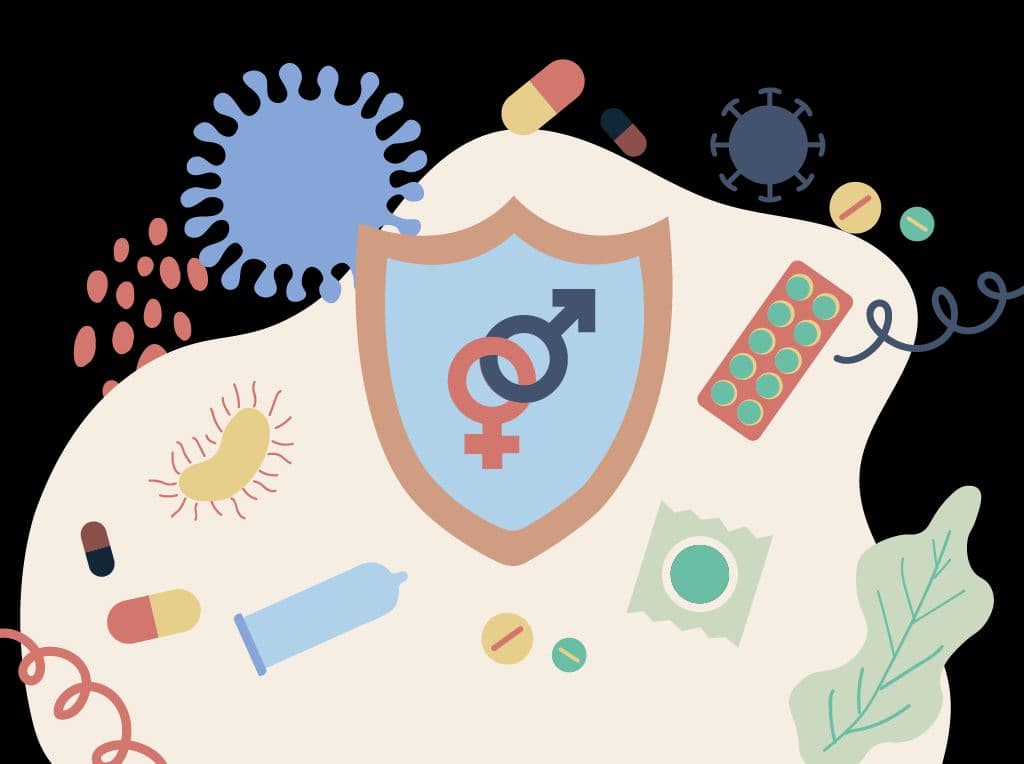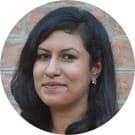I recently asked a friend of mine, who is planning on starting a family soon, if she is aware of the haemoglobin level in her body. Her reply was, “No, but how does it matter? I feel perfectly healthy!”. I further asked her if she had any idea about how long a newborn child should be breastfed. “Couple of months?”, she asked. Her answers did not surprise me, given the fact that I myself, learnt those things, in the last three years of my life, working in the Public Health & Nutrition sector. During this time, I also realised how educated urban women like us know so little about our bodies.
But why is it important? Why is it required for me to be aware about my general and reproductive health even though I have managed so well without it all these years? Today, an urban educated woman is ambitious and breaking stereotypes, wanting to pursue challenging careers. However, women still have to struggle to balance between the different facets of their life – career, marriage, childbirth. If women are more aware about their bodies and health, and have basic information about childcare, it empowers them to take better care of themselves and their families and plan their lives by making better decisions.
One of the best platforms to impart fundamental concepts of health education is the schooling system in India. However, the irony is, when we look back at that one chapter about the reproductive system in the science subject, chances are high that it was not-so-subtly skipped by the teacher. The one chapter which could provide a basic understanding about our bodies, is skipped! As times are progressing, it becomes very important to modify the curriculum to include short courses in high school which helps students to develop an understanding of health, especially sexual and reproductive health. We do learn all sorts of subjects in school, which are of limited use to us, unless we choose to specialise in them. But this subject is such that, all women, could benefit from it at some point in life. Schools are in the best position to inculcate basic sex and health education because once we leave school, we move on to different specializations, and unless you are someone, who particularly specializes in the healthcare sector, there is no way you are going to come across this ever again.

When it comes to sexual and reproductive well-being, here are some facts women should know to take care of their health and make better decisions to plan their life:
Anemia
According to the National Family Health Survey 2015-16, 51% of urban non-pregnant women in the age group of 15-49 years are anaemic. But what is anaemia? How does it affect our body? Anaemia is a condition where the number of red blood cells or haemoglobin concentration in our body is lower than normal. The normal levels of Haemoglobin for women is - 12.1 to 15.1 gm/dl. This happens due to nutritional deficiencies in our body, particularly iron deficiency, though deficiencies in folate, vitamins B12 and C are also important causes. Fatigue, weakness, dizziness and shortness of breath are some of the major symptoms of anemia. To prevent anemia, eat plenty of iron rich foods, along with Vitamin C which helps in better absorption of iron.
Family Planning
The foundation of a child’s growth and development starts even before conception. The decisions taken as parents in the first thousand days pave the way for the lifelong development of the child. The concept of First Thousand Days states that starting from the time of conception till the baby becomes two years of age, there is a unique window of opportunity where foundations of health, growth and neurodevelopment across the lifespan is established.
Ideally, before a woman decides to get pregnant, it is important that she starts taking folic acid. It should be taken since before conception to reduce the risk of neural tube defects. In addition to that , daily oral iron started in the fourth month and folic acid supplementation is recommended for pregnant women to reduce the probability of women developing maternal anemia, puerperal sepsis, low birth weight babies, and preterm birth. Vitamin D and calcium are also integral to a healthy pregnancy. Along with this, the mother’s dietary intake, regular visits to the doctor and necessary vaccinations at the right time during pregnancy also is directly related to the health of the mother and the growth of the child.
Postnatal Care
A new mother goes through many physical and emotional changes during the phase, and is learning to take care of the newborn at the same time. Support of the family, proper rest and proper postnatal care for mothers is very crucial. Early initiation of breastfeeding is extremely advantageous as it helps in reducing the risk of certain health conditions like depression, cardiovascular diseases, cancers of the ovary and breast. It also helps in weight loss of the mother after the delivery.
Motherhood is the beginning of a beautiful journey and it is essential that the new mother receives love and support along the way and stays mentally healthy. Mothers, who face difficulties in breastfeeding the baby, may need not worry as there are certain options that can be explored. If direct breastfeeding is not possible, the mother’s milk can be pumped out with hand expression, manual pump or an electric pump. The milk can be stored for up to six hours at room temperature and for as long as three to eight days, if refrigerated immediately. Another option is the use of the herb Shatavari, that produces hormones that promote the production of breast milk and also increases its quality. Mothers can also explore the option of milk banks where breast milk from lactating mothers is collected and stored. For mothers, who are unable to breastfeed at all, due to certain reasons, can still ensure the growth of the baby by ensuring proper nutrition, warmth and skin to skin contact.
New-Born Care
At birth, the baby’s brain has developed to 25% of its full capacity. The next 75% develops during the next three years. The first hour of the baby’s birth is extremely important to establish breastfeeding and a great bond with the mother. A child’s development is enhanced by a proper diet, timely vaccinations and above all tender loving care from both parents. Speaking of diet and nutrition, a child should be breastfed within one hour of the birth. The first breastmilk is a thin yellow fluid called the colostrum – that consists of antibodies and proteins to protect the child. Colostrum is also known as the first vaccine of the child. WHO recommends exclusive breastfeeding for the first six months. No water is required as the breast milk contains enough water to quench the baby’s thirst.
Introduction of complementary feeding at the right time is an important step towards the developing baby’s growth. At the age of six months, complementary feeding should be introduced, also known as Annaprashan in some cultures. The Annaprashan marks the first intake of food for the child. Along with continued breastfeeding, between the age of 6-24 months, proper quantity and variety of foods needs to be fed to the child.
Basic understanding about the above mentioned themes helps plan our lives better and take better decisions for ourselves and our families. Of course doctors are there to support at every step of the way but possessing a better understanding about your health and family planning places you in a better position to make informed health choices.
Schools are the primary institutions that have the infrastructure, tools and teachers required to educate the students. United Nations Educational, Scientific and Cultural Organization (UNESCO) conducted a rigorous review of the impact of sex education programs of different countries and concluded that not only do effective programs reduce misinformation, but also enable youth to make informed choices about their health. There is a growing advocacy movement by various international organizations for the recognition of sex education as a basic human right. Presently, most schools in India do not cover sexual and reproductive health as a part of the curriculum. Educating students on the subject can be tricky, but is the need of the hour for a developing country like India. A Comprehensive Sexual and Reproductive Health Program in schools can lay the foundation of a responsible and healthy life choices among adolescents and youths. It’s time for policy makers, researchers and educators to come together and promote its inclusion as a part of the school syllabus.
Disclaimer - This information is educational and should not be construed as medical advice. Please consult your doctor before making any dietary changes or adding supplements.
ProactiveForHer is a digital clinic for women, offering accessible, personalised, and confidential healthcare solutions. We offer out-patient care, diagnostic services and programs for various health concerns of Indian women, across their lifetime - from puberty to pregnancy to menopause.

